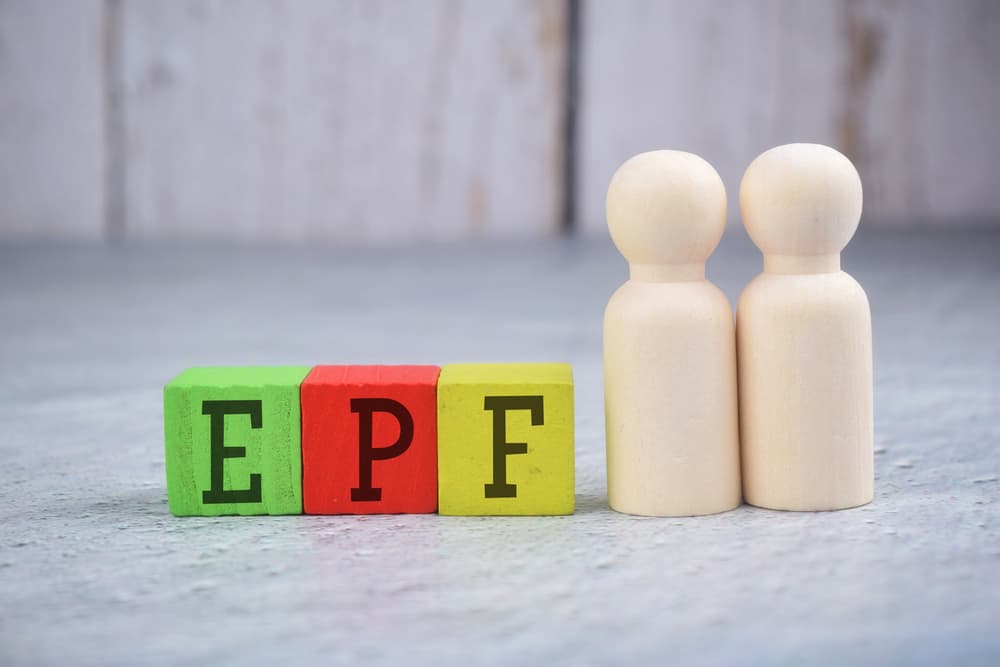3 Things That Make EPF The Right Retirement Vehicle
Employees’ Provident Fund (EPF) is one of the popular long-term investment instruments to generate wealth for retirement. Here are some key features.
Employees’ Provident Fund (EPF) is one of the popular long-term investment instruments to generate wealth for retirement. Here are some key features.

EPF The Right Retirement Vehicle
Employers are required to open an Employees’ Provident Fund (EPF) account for their salaried employees to ensure their financial security in the long run. The EPF corpus can be of great financial help upon retirement or in the event of an untimely exit from work. They could use the accumulated funds to achieve various financial goals, like buying a house, marriage of their children, etc. Here are some critical features that will help you understand that the EPF The Right Retirement Vehicle.
Employees’ Provident Fund (EPF)
Advertisement
1. Wealth Creation:
Employees’ Provident Fund (EPF) is a retirement benefits programme administered by the Employees’ Provident Fund Organisation (EPFO) in India. Under this scheme, both the employee and the employer make equal monthly contributions, each contributing 12 per cent of the employee’s basic salary and dearness allowance.
Advertisement
However, the employer’s share is divided into two parts—8.33 per cent goes to the Employees’ Pension Scheme (EPS) and the remaining towards EPF, which serves as a tax-saving instrument and provides competitive interest rates on investments.
EPFO reviews the EPF interest rate annually. For instance, for the fiscal year 2022-23, it has fixed the EPF interest rate at 8.15 per cent. The revised rates apply only to deposits made between April 2022 and March 2023. Although the interest is calculated monthly, it is credited to the EPF account annually on the closing of the financial year on March 31. The transferred interest is combined with the April balance for subsequent interest calculation.
If no contribution is made to the EPF account for 36 straight months, the account will become inoperative; however, the interest accruals will continue on the balance amount. Also, retired employees will not earn any interest on the amounts lying in their inoperative accounts. Interest earned from inoperative accounts is subject to taxation based on the tax slab rate. Additionally, employees do not earn any interest on contributions made towards EPS by the employer, but they will be eligible for a pension on reaching 58.
EPFO employs a rule-based strategy to invest the accumulated EPF funds. Eighty-five per cent of the funds are allocated to debt investments and the remaining in equities.
2. Secure Investments:
Debt Investments: When selecting debt instruments, it ensures a minimum of 45 per cent and a maximum of 65 per cent of the funds are invested in government securities. An additional 20 to 50 per cent are invested in listed corporate debt securities, like banks and public financial institutions. In addition, up to 5 per cent of the funds are invested in short-term debt or related instruments, provided the underlying papers hold a minimum rating of A1+ from two rating agencies registered under the Securities and Exchange Board of India (Sebi).
3. Investment Growth
Equity Investments: For equities, EPFO invests a small portion of the fund in mutual funds (MFs) and exchange-traded funds (ETFs) that replicate the Sensex and Nifty indices. Additionally, they have the option to directly invest in listed shares with a market capitalization of no less than Rs 5,000 crore and Sebi-regulated Real Estate Investment Trusts (REITs).
Advertisement
Retirement mutual funds come in multiple variants to choose from, and they can be an effective vehicle to invest and grow one’s savings for the sunset years
The common wisdom in investing is to align it with your financial goals. The type of investment normally depends on two things: investment horizon and risk appetite.
Mutual fund investment through demat accounts isn’t very complicated, although the method differs slightly from the process via AMC platforms.
Get all the latest stories delivered to your inbox
Advertisement
Get all the latest stories delivered to your inbox